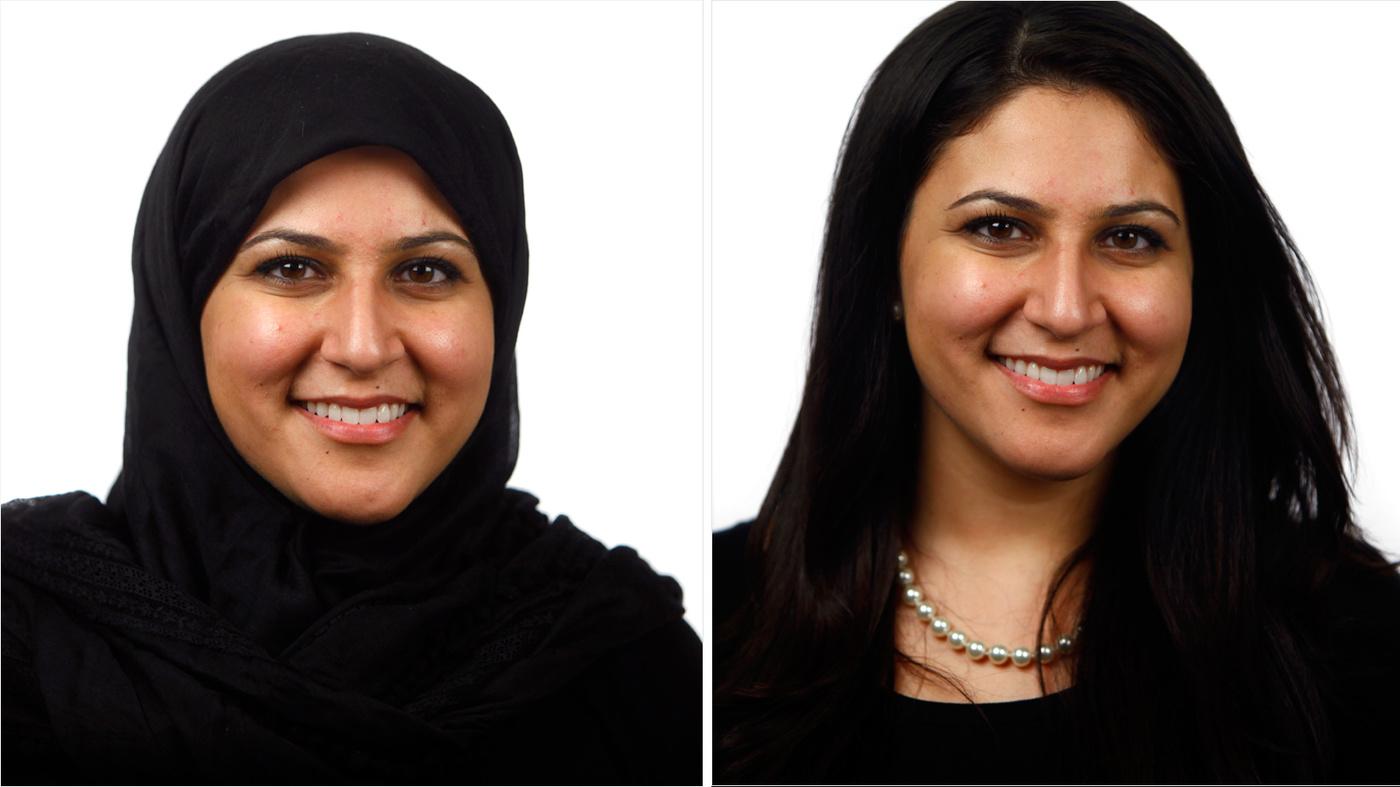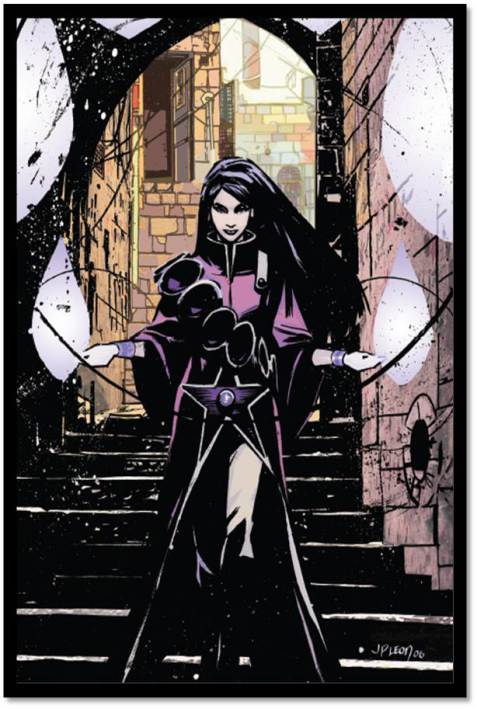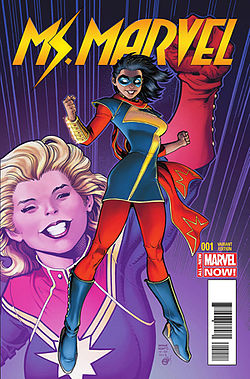Women and the public space: Part 2
“God created this earth with men and women. If God wanted them to exist in different realities, we should divide the Earth in half: men on one side, women on the other,” says Georgetown’s Imam Yahya Hendi, the university’s first Muslim chaplain. “But God wanted them to exist to be social with each other.” While suggesting that we draw a chalk line down the center of our globe might cause a chuckle or two, when it comes to mosques in the United States, there does, in fact, exist a palpable phobia of the two genders freely mixing.
Read More


